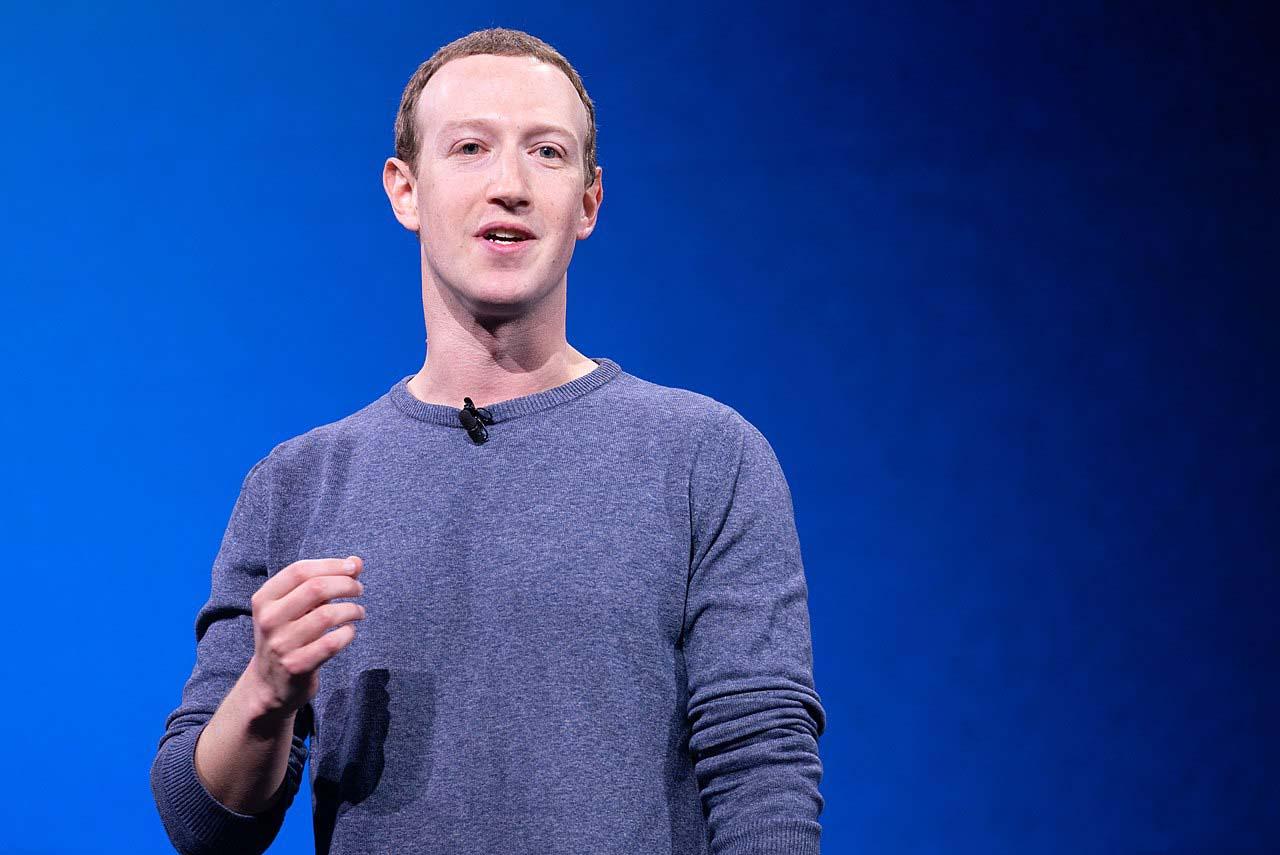Can we live a life without Meta?
22 Febrero - 2022
Alberto Guevara Lempira
Lecturer at MSc in Marketing
__
Meta (formerly known as Facebook Inc.) made it to the headlines when it announced it might have to pull out some of its “most significant products and services” from Europe because of mounting pressure from EU regulators to avoid the transfer of European users’ data to datacenters in the US.
The 2020 ruling that invalidated the Privacy Shield initiative, a framework for transferring data from the EU to the United States, has changed the landscape for many tech companies that rely on the centralization of databases for nurturing and improving their services, especially the advertising ones.
Is Meta bluffing?
When analyzing how serious Meta is about leaving Europe, we need to see the financial performance of this market and its contribution to the company’s business model.

Europe represented 25% of the revenues for Meta in 2021 with over $29 billion; it is the second-largest market for Meta right after the American market. It is 7 points ahead of the third market, which is Asia-Pacific. So, we could agree this would not be a trivial choice for the company to make.
From this perspective, some European leaders and representatives have called Meta’s bluff with Robert Habeck, German Economy Minister, and Bruno Le Maire, French Finance Minister, jokingly sharing how they have lived without Facebook and Twitter after having their accounts compromised and affirming that “…life has been fantastic.” Without the social networks in their lives.
But who has more to lose?
Lawmakers and regulators usually see reality from the perspective of their constituencies or the public. Their job is, after all, to guarantee that the fundamental rights of their people are guaranteed.
Could we live without Facebook? The logical answer to this question would be: Yes. However, things in present times are not that trivial though.
But there is, however another side of the same coin. One of the reasons Meta’s advertising platform is so successful is because it helped democratize the access to connected audiences of consumers to all kinds of businesses; from large corporations to small business owners can reach potential customers in just minutes after setting a campaign on.
This tool allows something that 20 years ago would have been incredibly expensive for small businesses to achieve. It also allowed the global expansion of a significant number of companies that could easily target customers in different geographic locations and even sell their products straight from Facebook or Instagram.
When considering all these elements, we have the following landscape:
- Meta: Risks market/Revenues
- EU Regulators: Risk support from constituencies
- Usres: Risk to lose access to communication tools
- Businesses: Risk losing access to one of the two main online advertising platforms nowadays
It is not clear who has more to lose, and it makes us question if companies like Meta have become “too big to fail”?
The actual reach of Meta
Most certainly, if you live in Europe or even in many countries in Latin America, your instant messaging platform of preference is WhatsApp, which Meta owns.
Even though it was not explicitly mentioned in the annual report as a possible service to be pulled out from the European market, it may be challenging to visualize a scenario where all of a sudden, we would have lost the leading platform to communicate among ourselves.
The fact is that there are many alternatives to WhatsApp that are more secure, mindful of users’ privacy, and more powerful, like Telegram or Signal. However, we know for a fact that in a free market, it is the market (or consumers) the one that ultimately defines what the preferred alternatives or products are, and WhatsApp accounts for more than 48% of the user share in Europe for IM.
Messaging is only one of the fields where Meta has a strong presence, but Facebook counts with more than 2.91 billion users, and Instagram has over 1.47 billion users.
Could we live without Facebook?
The logical answer to this question would be: Yes, of course, we can live without Facebook or Instagram. However, things in present times are not that trivial though.
When we usually think of social media, the idea of influencers, funny and nonsensical content can come rapidly to mind. Still, the truth is that for many people, old and young social networks like Facebook or Instagram serve to connect with others that share the same interests or that care about the same issues.
Rome was not built in one day after all, and neither will be a future where tech companies will play a crucial role in everyone’s lives.
In some societies, social networks are the best way for getting the latest news or following the developments of breaking news; therefore, fake news is such a problem in many parts of the world: the need for getting information can be misused by the “bad guys” for spreading misinformation or setting an agenda with not so legitimate goals.
Let’s not forget as well that the reason why many third-party companies and brands go to social media is to get closer to their customers; not only to promote and sell their products and services but to also be more convenient at the time a customer may be looking for support or help.
The fact that we have embedded these technologies in such a natural way into our everyday life makes it incredibly difficult to give up on them, and just like entropy in the universe, this interdependence it’s set to keep increasing with time. So, what is left to us is understanding the nature of our relationship with technology, setting the ground rules, and learning from each mistake. Rome was not built in one day after all, and neither will be a future where tech companies will play a crucial role in everyone’s lives.

